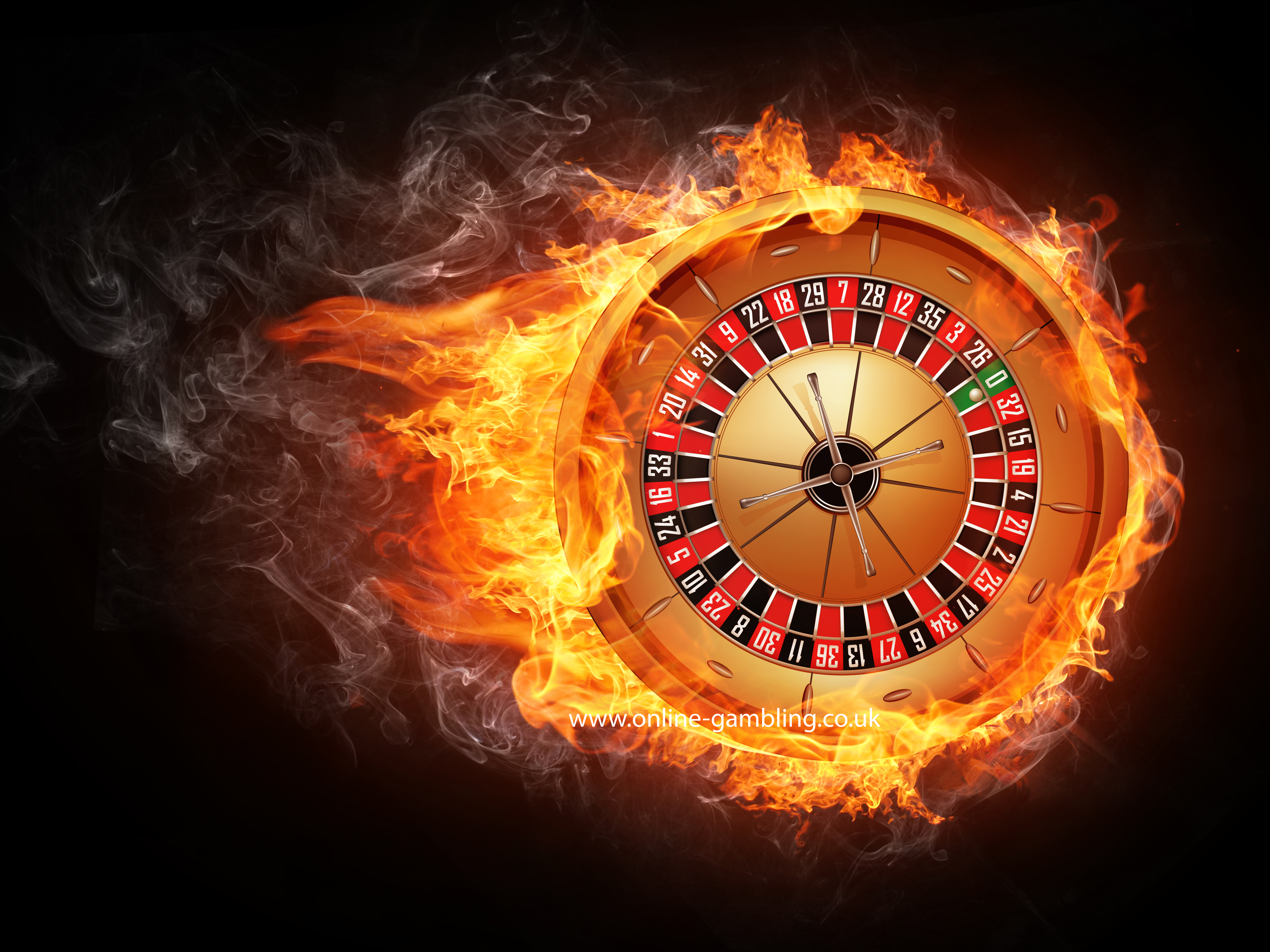The Mystique of Gambling Myths

In the world of gambling, where chance and strategy converge, a unique tapestry of beliefs manifests—one that weaves together luck, fate, and the enigmatic nature of casino games. Casinos, bustling with excitement and anticipation, are not just spaces for placing bets; they are also arenas in which superstitions thrive. From the novice player to the seasoned gambler, these mysterious practices often shape how individuals approach the games they play, believing that their actions can influence the outcome in ways that go beyond mere probability. F8BET https://f8bet.co.com/rut-tien-f8bet/
When players gather around roulette wheels, blackjack tables, and slot machines, the atmosphere is thick with stories of lucky charms, rituals, and codified behavior that defy logic yet provide a sense of comfort. Whether it’s wearing a specific outfit, following a particular sequence of bets, or even avoiding certain numbers, the attachment to various superstitions reflects a deep-rooted desire to master the uncontrollable. This article delves into the captivating world of casino game superstitions, exploring the beliefs that simultaneously entertain and mystify those who dare to play.
Historical Beginnings of Superstitions
Casino games have long been entwined with an array of superstitions that trace to ancient societies. The origins of these ideas can be linked to humanity's fundamental need to influence the uncertain outcomes connected with luck and randomness. In early civilizations, activities of uncertainty were often tied to ritualistic practices. Players would seek aid or ask for favor from gods, believing that their actions could affect the odds in their advantage. This foundation laid the basis for the variety of superstitions that proliferated as betting evolved over centuries.
During the Middle Ages, gambling became a widespread hobby across the continent, and with it, a diverse tapestry of superstitions developed. Participants adopted various rituals and charms, believing they could influence the outcome of games. The value of digits, in particular, began to appear in superstitions pertaining to card games and dice. The number seven was often considered favorable, while various numbers carried bad connotations. These ideas mirrored the cultural contexts of the time, evolving as they moved through generations and transformed to different gaming environments.
As casinos developed in the 1600s, particularly in the Italian peninsula and the French nation, the atmosphere surrounding gambling became saturated in enigma. The growing accessibility of gambling games allowed for the dissemination and growth of superstitions among players. Concepts like lucky charms, specific seating arrangements, and rituals gained prominence, creating a special culture within casinos. As these practices continued to thrive, they became integral to the character of casino activities, illustrating how history and culture shape the convictions that influence how gamblers connect with fortune.
Common Casino Superstitions
Superstitions surrounding casino activities are plentiful and diverse, reflecting the dreams and fears of gamblers as they engage in chance-based games. One of the most prevalent views is that certain digits bring luck or bad luck. For example, the digit seven is often seen as a lucky number, frequently embraced by players looking for a positive result. Conversely, the digit 13 is routinely considered unlucky, leading many gamblers to steer clear of it during their gambling periods.
A common superstition relates to practices that gamblers believe can influence their odds. It could be blowing on dice before a throw, using a particular gesture to place a wager, or even wearing specific items of clothing, many individuals feel that these rituals can sway luck in their benefit. These practices offer a feeling of control in an otherwise unpredictable environment, reinforcing the idea that luck can be created through personal beliefs and habits.
Finally, the ambiance and vibe of the casino itself contributes to superstition. Many gamblers suggest that the presence of certain symbols, such as four-leaf clovers or fortunate coins, can enhance their chances of winning. Additionally, gamblers might adhere to the belief that victory streaks can be halted by mundane occurrences, such as someone passing by or a spill at the table. The collective atmosphere in a gambling house can amplify these superstitions, creating a communal culture of myths that transcends single encounters.
Impact of Superstitions on Players
Beliefs play a important role in the mindset of gamblers, often influencing their actions and choices. Numerous gamblers think that luck can be manipulated through various rituals, such as donning a talisman, choosing particular hues, or steering clear of particular digits. This reliance on superstitions can create a feeling of authority in an environment that is intrinsically unpredictable. Players often feel more confident and engaged when they think that their actions could sway the result of a game in their favor.
The impact of these superstitions extends past individual players, affecting the general atmosphere within the casino. For example, a player who holds the belief in the luck of a particular slot machine might draw a gathering, as onlookers are fascinated by their apparent success. This collective belief can heighten excitement and create a dynamic environment, leading to an interesting experience even for those who may not necessarily be superstitious. The excitement around certain games can lead to increased participation and extended playing sessions, supporting the casino's lively social scene.
In some cases, superstitions can lead to detrimental effects for players. Relying too much on rituals can result in poor gambling decisions, as some may overlook basic strategies in favor of baseless beliefs. Additionally, the stress to perform rituals may heighten anxiety and stress levels, detracting from the enjoyment of the experience. Ultimately, while superstitions can enhance the excitement of playing casino games, they can also lead to foolish choices that overshadow the fun and entertainment intended in the casino experience.
